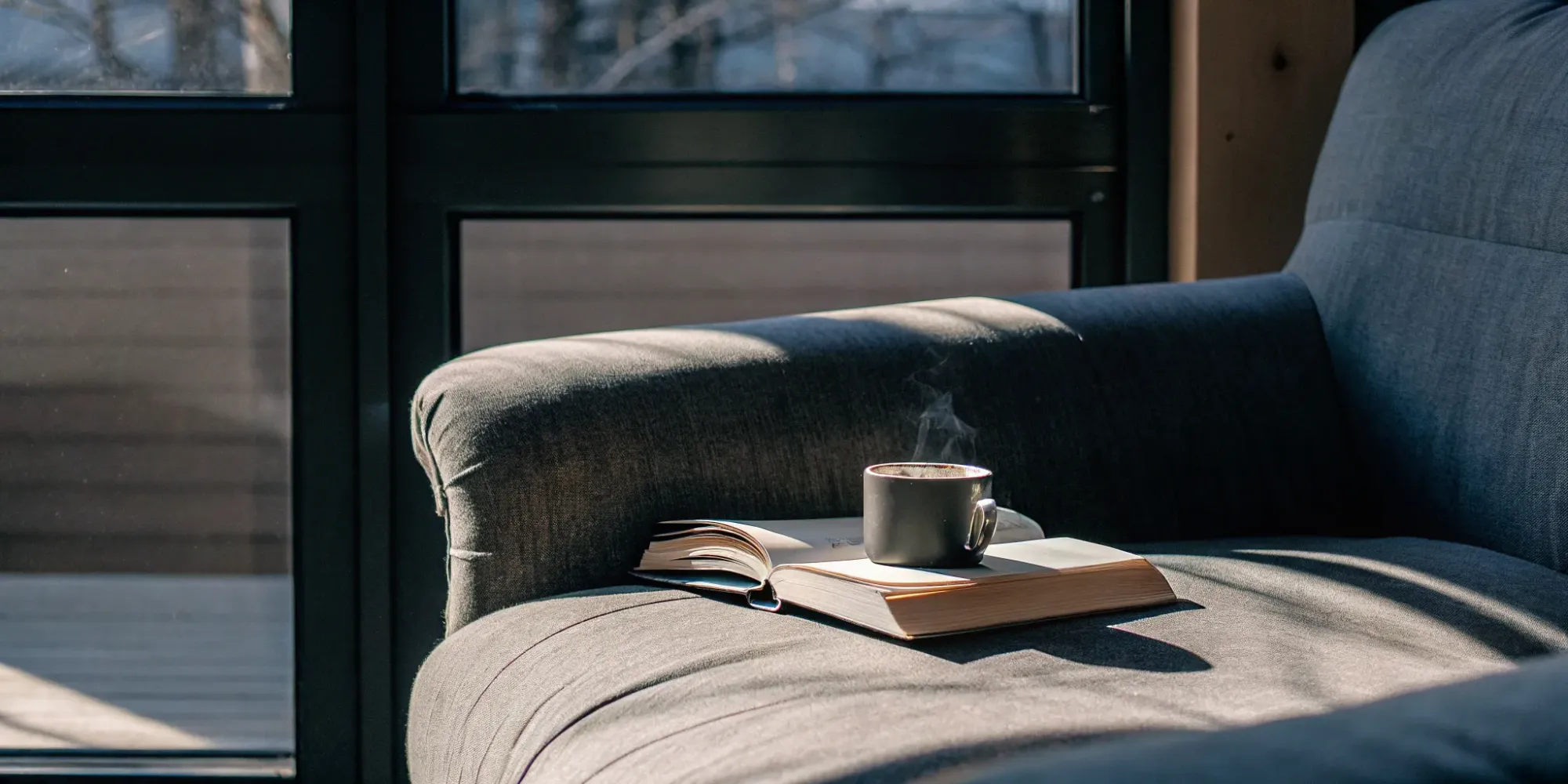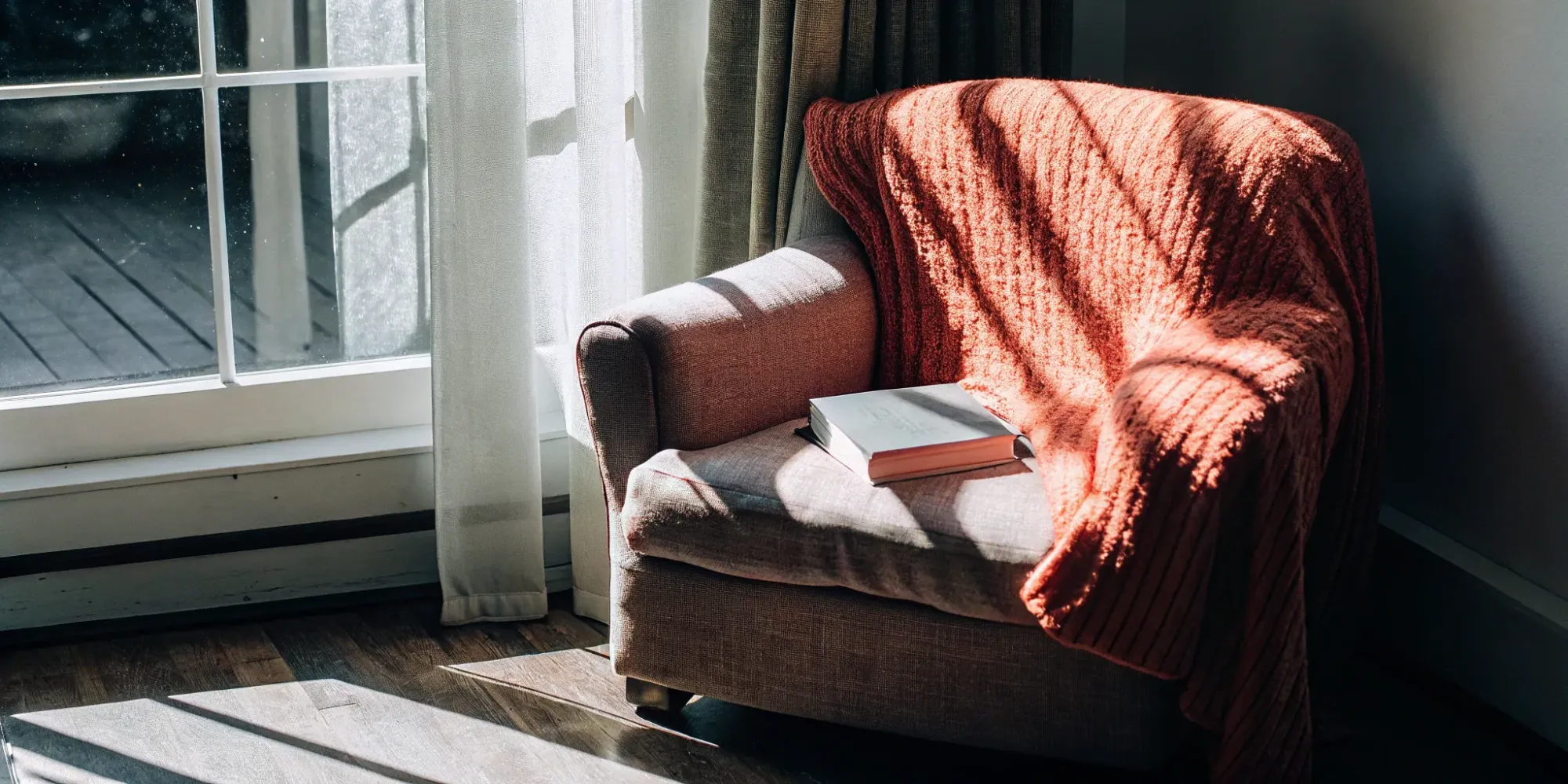Liability Coverage Explained: What Every Renter Needs to Know
1 Aug 2024 • 4 min read

You know the saying, "Hope for the best, prepare for the worst?" Renting is the epitome of that statement. You hope for the best when you rent an apartment or house—no fires, no theft, no sudden leaks. And you prepare for the worst by getting renters insurance. Specifically, you need a policy with good liability coverage for those really expensive issues you don’t see coming.
We’re talking about mishaps like your shower flooding the apartment downstairs, or your friend breaking an ankle at your housewarming party. These aren’t your landlord’s insurance problems; they’re yours, and they’re the real-life scenarios liability coverage is designed to protect against.
Renters insurance is not just about protecting your personal property. It's about protecting your bank account from legal fees, medical bills, and potential lawsuits that could easily reach thousands of dollars.
So, let's dive into how this little-known aspect of renters insurance can save you a whole lot of stress (and money). 💰
What Does Personal Liability Coverage in Renters Insurance Cover?
Liability coverage is a part of renters insurance that protects you if someone suffers a bodily injury or property gets damaged because of you. If someone is injured in your apartment or if you accidentally cause property damage to your landlord or someone else, liability coverage can help you pay for things like repairs, lawyer fees, or medical bills. It’s a safety net so you don’t have to pay a ton of money out-of-pocket if an accident happens.
Why is Liability Coverage Important?
Legal Defense and Judgments
Liability coverage’s main job is to cover legal expenses. Legal fees can be super expensive, even for small accidents. If someone sues you, liability coverage helps pay for lawyers, court costs, and any money you owe. It’s like a shield for your wallet. So, if your shower flooded your neighbor’s apartment and ruins their stuff, liability coverage could pay for the damage up to your policy limits.
Medical Expenses
Liability coverage also includes medical payments, which means your insurance coverage can help pay for the medical bills if someone gets hurt at your place. This is important because it can prevent smaller issues from turning into huge lawsuits.
Peace of Mind
Having liability coverage in your renters policy gives you security and confidence. Knowing you’re protected against potential legal action and freak accidents can make it much easier to enjoy your place without worrying about what might happen. This type of coverage offers valuable peace of mind for renters.
How Much Liability Coverage Do You Need?
Determining the right amount of liability coverage depends on several personal factors, including your assets, the probability of accidents happening in your home, and your landlord’s requirements. A common starting point for renters insurance coverage is a $100,000 coverage limit. However, if you have a lot of valuable stuff, live in a place with a higher risk of accidents, or if your landlord requires more coverage, you should consider increasing your liability limit to ensure you have enough protection to cover any potential legal or medical costs that may arise.
Factors to Consider
- Your personal belongings: If you have a lot of expensive things in your apartment, like electronics, jewelry, or furniture, you might need a higher liability limit to cover their value if they get damaged in an accident you’re responsible for fixing.
- Accidents: If you have a dog, or if you live in a single-family home with a pool or a trampoline (otherwise known as attractive nuisiances), there’s a higher chance of accidents happening, so you might need more coverage.
- Your landlord’s requirements: Your landlord might require you to have a certain amount of liability coverage in your renters insurance. It’s important to check your lease and talk to your landlord to make sure you’re in compliance with whatever they require.
Comparing Renters Insurance Policies
When comparing renters insurance policies, look closely at the liability coverage each offers. Not all policies are created equal, and the cost of liability coverage can vary significantly. Here is some key insurance information to compare:
Coverage Limits
The limit of your liability coverage is like a ceiling — it’s the most your insurance company will pay out if there’s a liability claim and you’re responsible. Make sure your coverage limits match what you need based on your personal property, location, and your landlord’s requirements.
Deductibles
A standard renters insurance policy includes a deductible for liability coverage. This is an amount of money that gets subtracted from what the insurance company pays you, the policyholder. So, if your deductible is $500 and the damage is $2,000, your insurance company would pay you $1,500.
Exclusions
Renters insurance doesn’t cover everything, so you need to know what it won’t pay for. Floods require flood insurance, earthquakes require earthquake insurance, and running a business from your home requires business insurance. But there are other exclusions too, like certain types of water damage, or pests. It’s important to carefully review your renters insurance policy to find these. At Goodcover, we have seven exclusions on a standard renters policy.
Cost
Increasing your liability coverage might not be as expensive as you think. At Goodcover, we’re committed to transparency, and you can adjust your liability coverage during the quote process to see your quoted insurance premium adjusted live.
Final Thoughts: Liability Coverage = Safety Net
Renters often overlook liability coverage in their policy and go straight to personal property coverage, but this essential coverage is a powerful shield that protects you from major out-of-pocket expenses.
While liability coverage is included in a standard renters insurance policy, the amount of coverage you need can certainly vary. Consider your lifestyle, your belongings, and any potential risks in your home to determine how much protection you need. In many cases, your landlord may even require you to have a certain amount of liability coverage in the first place.
Getting renters insurance quotes from different companies is a great way to compare coverage options and find the best policy for your needs. With Goodcover, it’s quick and easy to get a quote and ensure you have the right protection in place. Don’t leave yourself vulnerable to unexpected financial burdens — secure your peace of mind and get a Goodcover quote today.
Note: This post is for informational purposes; insurance regulation and coverage specifics vary by location and person. Check your policy for exact coverage information.
For additional questions, reach out to us – we’re happy to help.
More stories
Dan Di Spaltro • 21 Jul 2025 • 18 min read
How to Make Changes to Your Tenancy Agreement
Dan Di Spaltro • 18 Jul 2025 • 21 min read
Most Affordable Renters Insurance: A Complete Guide
Dan Di Spaltro • 17 Jul 2025 • 18 min read
Affordable Renters Insurance in Florida: Top Picks for Savings
Dan Di Spaltro • 16 Jul 2025 • 22 min read
Your Guide to Affordable Renters Insurance
Dan Di Spaltro • 15 Jul 2025 • 16 min read




